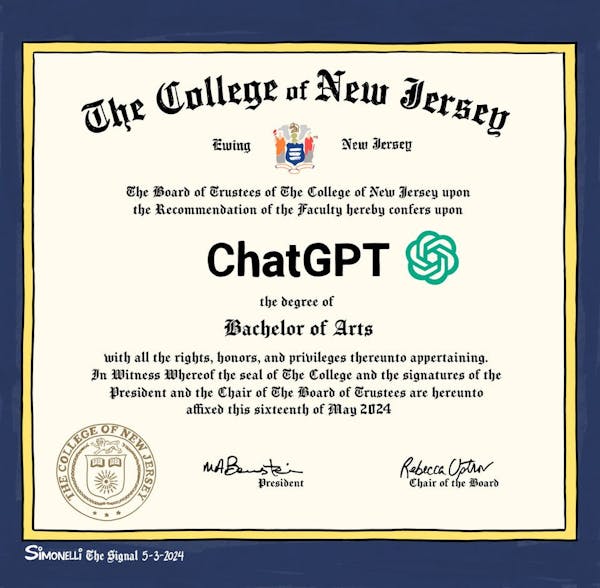The infamous anthem of this past summer was Robin Thicke’s “Blurred Lines.” With his provocative lyrics and music video, it’s easy to write Thicke off as the antithesis of the golden boys of One Direction.
But Thicke’s and One Direction’s lyrics have more in common than you think.
Thicke’s “Blurred Lines” states: “I know you want it / But you’re a good girl.” In “Little White Lies,” the boys of One Direction croon: “You say you’re a good girl / But I know you would girl.” They’re saying the SAME. EXACT. THING. The message? Even if a girl says “no,” it doesn’t necessarily mean “no.”
These songs both perpetuate rape culture, the concept that it’s OK to forcibly engage in sexual acts with an individual. Thicke and One Direction’s lyrics indicate that saying “no” is just some kind of playing-hard-to-get foreplay a.k.a. it means “yes.”
The most obvious One Direction song that perpetuates traditional gender roles also happens to be their No. 1 single, “What Makes You Beautiful.”
The song seems to be innocently promoting self-confidence, but once this song gets to the chorus, “You don’t know you’re beautiful,” it becomes evident that this song in fact promotes the replacement of self-confidence with insecurity as a desirable feminine characteristic and presents male affection as the cure to this.
According to One Direction, a woman’s confidence should only come from the appreciation of a male’s hungry gaze: “If only you saw what I could see / You’ll understand why I want you so desperately.”
It supposedly emphasizes that inner beauty is what counts. On the other hand, it insists that a desirable trait of your personality is not knowing that you’re beautiful.
One Direction presents the same message in “Little Things.” To the naïve individual, the insistence that “I’m in love with you / And all these little things” may seem like a declaration of empowering, unconditional love.
But when you take into consideration what the“little things” are — “your stomach” and “your thighs” — you quickly realize that the love One Direction promises is actually quite demeaning.
While are not implicitly negative characteristics, One Direction indicates that they are insecurities and that male affection as the cure to self-confidence: “You’ll never treat yourself / Right darlin’ but I want you to.” What a great message: don’t love yourself, find a man to love you instead, that’s the only way you’ll find happiness.
Next time, before you declare your unwavering love for Liam Payne, his boys and pseudo-romantic songs that encourage female self-deprecation and perpetuate rape culture, think twice.



